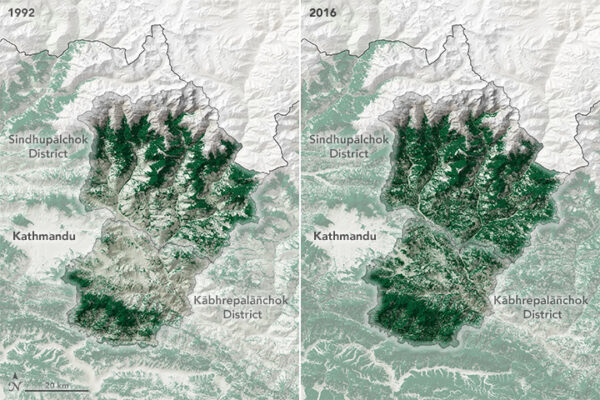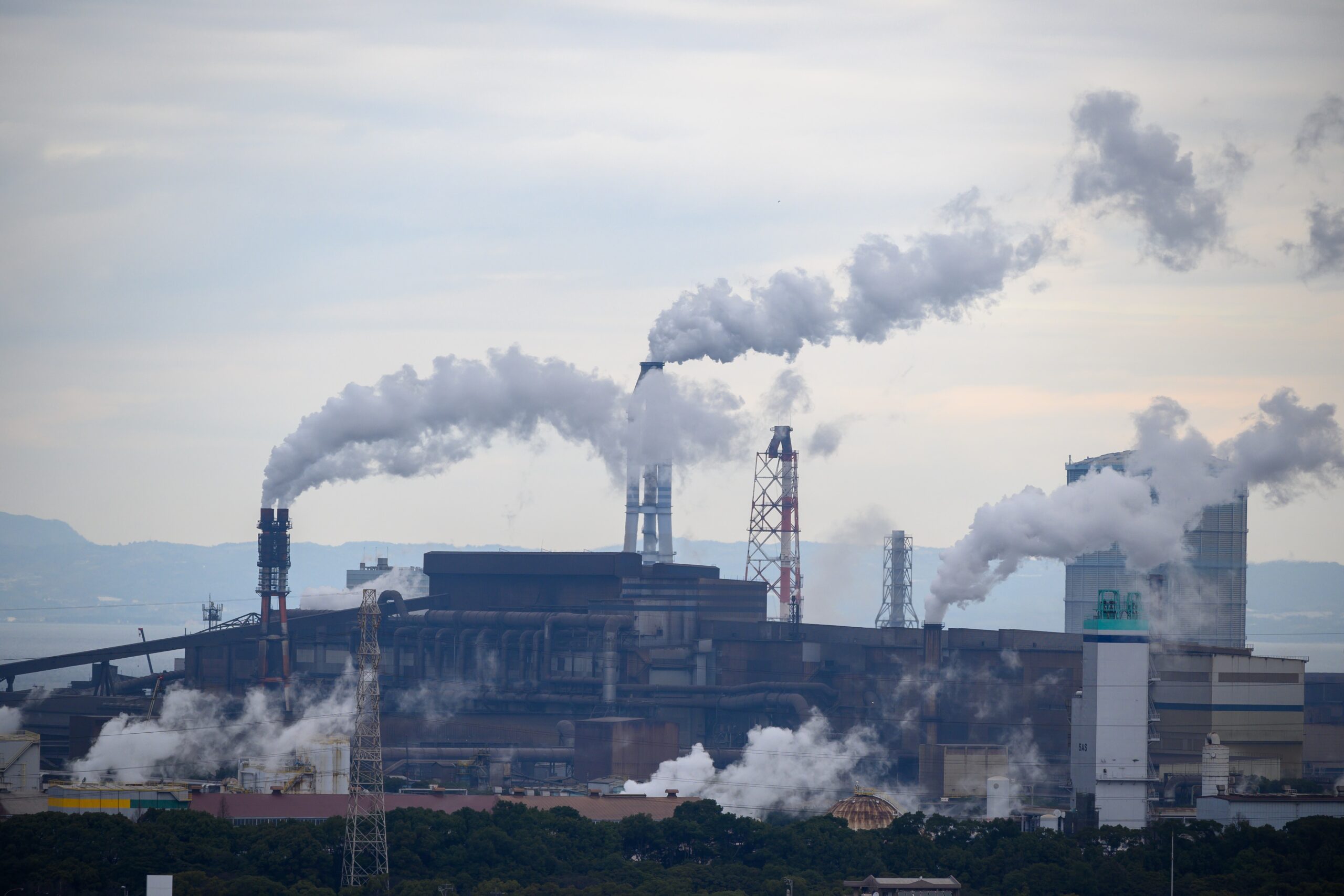Saying 40 % of all climate disasters occur in South Asia and the Hindu Kush-Himalayan (HKHR) region, report warns it makes them most vulnerable to the impacts of climate change
Staff Correspondent
October 2
Climate change can aggravate pre-existing social and gender inequalities in South Asia and Hindu Kush Himalayas, home to ten countries, a report has warned.
The report on ‘State of gender equality and climate change in South Asia and the Hindu Kush Himalayan Region’ is a joint project of the International Centre for Integrated Mountain Development (ICIMOD), UN Women, and the UN Environment Programme (UNEP).
As 40 % of all climate disasters occur in South Asia and the Hindu Kush-Himalayan (HKH) region, the report warns it makes them most vulnerable to the impacts of climate change
The report provides a “comprehensive analysis of the gender dimensions of climate change in three key climate-affected sectors” of agriculture, water, and energy in ten countries – Afghanistan, Bangladesh, Bhutan, China, India, Maldives, Myanmar, Nepal, Pakistan, and Sri Lanka – in South Asia and the Hindu Kush Himalaya (HKH).
South Asia and the HKH are among the regions that are most vulnerable to the impacts of climate change, with the aggravated impacts becoming more evident in scale and the increased incidence of climate-related disasters in recent years.
The report has reviewed policies in South Asia and the HKH countries related to gender equality and climate. All ten countries in these regions are transitioning to low-emission development pathways that integrate mitigation and adaptation solutions across sectors, including water, energy, and agriculture, and have committed to limit global warming to 1.5°C and reach net zero emissions by the middle of the century. Although climate change is a central agenda, the report finds inadequate integration of gender concerns in climate change policies, laws, institutional frameworks, and sectoral policies and programs – and failure to implement policies that are sound in principle.
There is a possibility that climate change can potentially widen existing gender gaps mainly due to women’s limited access, control, and ownership over resources, participation in decision making, and freedom of choice that are determined by the overarching patriarchal values and social norms in the region has report underlined. It has stressed the need to address these gendered vulnerabilities and recognize the prevalence of patriarchal systems that hinder women’s roles and agency in adaptation and mitigation in most South Asian and HKH countries.
“All of us have a very important role to play in making the voices of girls, women, and other marginalized groups heard so that actions are real, and progress is tangible”, Izabella Koziell, Deputy Director General, ICIMOD said during the launch of the report in Lalitpur this week.
“To move from commitment to actual implementation, countries need evidence, data, and support to reach the goals of the Paris Agreement and achieve gender equality in the context of climate change,” emphasized Mozaharul Alam, Regional Coordinator, Climate Change for Asia and the Pacific Office, UNEP.
Maria Holtsberg Deputy Regional Director, Officer-in-Charge, UN Women hoped that “the report will serve as a guide to developing innovative solutions and re-envisioning a future that puts women and the most marginalized groups at its core, drawing on their knowledge, capacities, and aspirations.”
Underdeveloped Water Sector & Increased Future Demand
The report underscores that the water sector in the region is underdeveloped and some areas are already experiencing water stress. Given this backdrop, the report says the demand for agriculture, energy, industry, and human and livestock use is predicted to rise. Water systems should provide services for multiple uses of water and cater to the needs of varied groups as such systems would fulfill irrigation and domestic demands, it added.
Key Highlights of the report:
-About 40 % of all climate disasters occur in South Asia and the Hindu Kush-Himalayan (HKH) region, making them most vulnerable to the impacts of climate change.
-The geologically fragile mountains and coastal floodplains in the areas are vulnerable to erosion, landslides, floods, droughts and saltwater intrusions.
-The report highlights that the key drivers and pressures in the agriculture, energy, and water sectors in South Asia and the HKH regions are population growth, rapid urbanization, unsustainable agricultural and industrial practices, weak management systems, environmental pollution, and climate change.
-The report adds that these factors are resulting in the degradation of natural resources, water scarcity, and food insecurity.
-The agricultural emissions are on an upward trend mainly due to the use of synthetic fertilizers, crop residue burning, and land degradation.
– As per the report, the energy sector’s emissions in the two regions are around 82 pc of the total GHG emissions and this trend is expected to rise due to rapidly increasing energy demand.
-The report added that these issues needed to be addressed through sustainable agricultural practices with an ecological and socio-economic focus.
Recommendations:
-Based on the findings, the report puts forward national-level recommendations and guidelines to integrate gender equality and social inclusion (GESI) concerns effectively to address differential vulnerabilities in a changing climate.
-It suggests sector-specific recommendations for mainstreaming GESI in policies and implementation in the agriculture, water, and energy sectors.
-The report suggests using existing regional platforms and creating new ones for cross-country learning and sharing of best practices related to gender-responsive climate policies and initiatives.
-Important regional platforms such as the South Asian Association for Regional Cooperation (SAARC) and the Bay of Bengal Initiative for Multi-Sectoral Technical and Economic Cooperation (BIMSTEC) can be used effectively to promote inclusive development and address gender and social inequalities for achieving climate resilience in the region, the report recommends.
-Suggesting medium- and long-term solutions for the agriculture sector, the report called for diversity in production to reduce the risks of climatic shocks, and to establish storage and processing infrastructure.
The report has also recommended the improvement of small landholders’ and women farmers’ access to financial services and climate services to reduce climate risks in agriculture.
The report has suggested improvement in women’s control over resources in the energy sector by enabling them to benefit from renewable energy options and use them for improving livelihoods and wellbeing.




